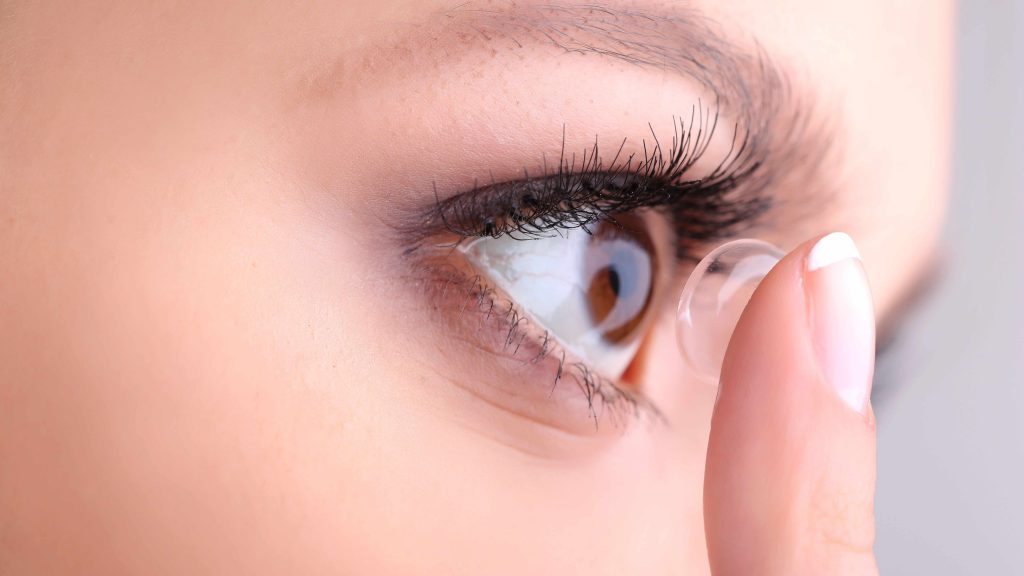-
Featured News
Is it safe to wear contact lenses during the COVID-19 pandemic?

To prevent becoming infected with COVID-19, health experts are urging people to avoid touching their face. That's because SARS-CoV-2, the virus that causes COVID-19, can enter the body through the mouth, nose and eyes. That's left millions of people around the world who wear contact lenses wondering if they should stop wearing them and switch to glasses during this pandemic.
Dr. Gregory Poland, an infectious diseases expert, says it is safe for people to continue wearing contact lenses as long as they remain diligent about washing their hands.
Watch: Dr. Poland discusses wearing contact lenses during the COVID-19 pandemic.
Journalists: Sound bites with Dr. Gregory Poland are in the downloads at the end of the post. Please courtesy "Gregory Poland, M.D. / Vaccine Research Group / Mayo Clinic."
"I don't think the issue is so much the contact lenses as it is hand hygiene before inserting or taking out the contact lenses. You certainly want to wash, and you don't want to use an alcohol-based hand rub because you'll feel it in your eye. But wash your hands well before inserting and taking them out," says Dr. Poland.
Dr. Poland says everyone, whether they wear contact lenses or not, should avoid rubbing or itching their eyes.
"I moved to wearing glasses years ago because I never was very comfortable in contacts, and I would find myself rubbing my eyes ― doing things like that. If it's not comfortable for you to wear them, or you're having dry eyes and having to touch your eyes or put in liquid tears, it probably would be preferable to wear glasses if you could. The main point would be it's a reminder not to touch your eyes, your nose, your mouth."
The American Optometric Association is reinforcing that contact lenses are safe when proper care is taken and they are properly worn. The organization adds that contact lenses themselves will not give someone COVID-19.
Check the Centers for Disease Control and Prevention website for additional updates on COVID-19. For more information and all your COVID-19 coverage, go to the Mayo Clinic News Network and mayoclinic.org.







